The Age system is a new addition to the Civilization franchise with Civilization 7. Rather than play through one continuous game, each game is split into three acts: the Antiquity Age, the Exploration Age, and the Modern Age. Each Age has its own win conditions, and while getting a win in each Age will assist you in the next, you can view each new era as a small fresh start.
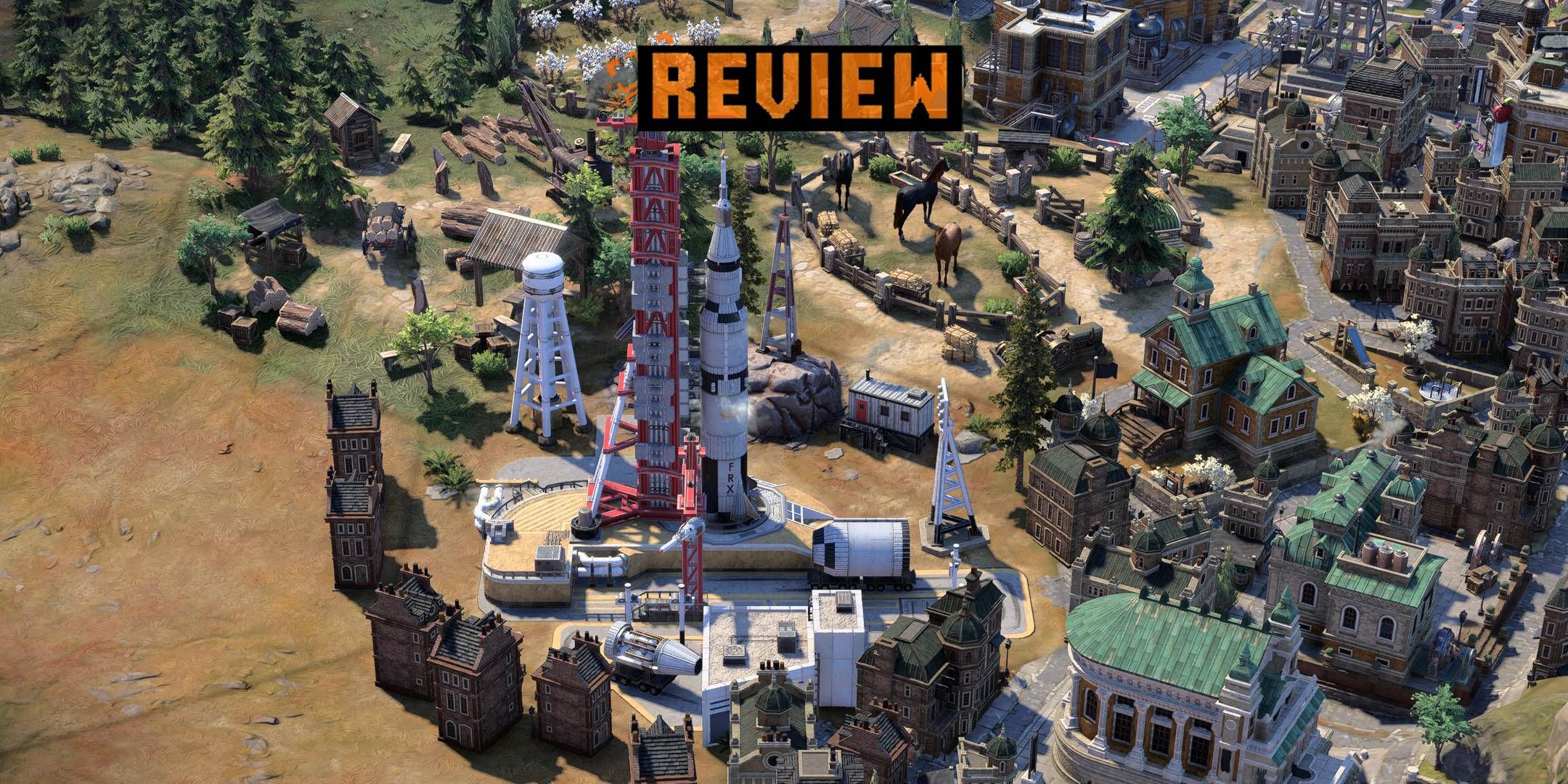
Related
Civilization 7 Review – Classic Civilization With A Few New Twists
An excellent art style, fantastic sound track, and great leaps forwards for replayability, Civilization 7 is a great game. But it will prove divisive.
Between Ages you’ll also be able to switch Civilizations to something else. For example, you may start as Rome and then switch to Spain during the Exploration Age. This makes each Age unique, and each transition comes with its own range of choices and important decisions.
Age Win Conditions
In the top left of the screen you’ll see a trophy. This represents the Age timer. The Age timer progresses as players complete milestones in each of the four victory conditions: economic, cultural, militaristic, and scientific.
We cover these win conditions in more depth in our Age-specific guides.
An Age is not restricted to a set number of turns. The timer progresses dependent on milestone achievement, which means if one player is doing extremely well, the Age will end sooner. One point of Age progression is added every turn.
When the Age reaches 70 percent, a crisis will start. This changes from Age to Age, but it signifies the end of the Age, and presents a number of challenges to deal with.
The age timer is determined by both turn progression and milestone growth. One percent is added to the age progression timer per turn, but players reaching milestones on the win condition track will increase this more substantially.
This may be the Plague, which will reduce the population in your cities and cause unhappiness. Or it could be a religious conflict.
Golden Age
A victory, known as a Golden Age, will unlock some powerful benefits in the next era.
For example, the Economic Golden Age will allow you to retain any towns you converted into cities as cities in the new Age. Otherwise, those cities will become towns again.
Dark Age
On the other hand, if you have a weak start to the game in any of the specific win conditions, the game will give you the option to choose a Dark Age Legacy.
While these typically have some downsides, they might also provide you with an extra boost that might provide an advantage if you choose wisely.
For example, a Scientific Dark Age will offer you a significant tech boost every five turns but will reduce your overall science gain by -50 percent. While this seems like a lot, it might allow you to completely sacrifice science while chasing a cultural victory.
Age Transition – A New Civilization
Once the timer reaches 100 percent, the Age will end. The game will then prompt you to transition into the next Age. At this point, you’ll be given the choice of a new Civilization to change to.
Civilization choice is based on any quests you completed during the previous Age – for example, if you settled three cities next to mountains you’ll unlock the Inca – and on your Civilization’s historical and geographical ties.
The game gives some helpful prompts of which each Civilization is good at above their selection option.
You can click on a Civilization and read about its unique traits to make a more informed decision.
Age Transition – Legacy Points
As well as a new Civilization, you’ll also have the opportunity to use some of the Legacy Points you earned in the previous Age.
Legacy Points are earned via the win condition milestones. For example, you may unlock a Diplomatic Legacy Point by completing a section of the Cultural victory milestone. You can earn Legacy Points along the milestone track even if you don’t achieve a Golden Age.
These will accrue and be accessible during the next Age regardless if you achieved a “victory condition” in the previous age.
You can check to see how your opponents fared during the age by checking out the Age Rankings.
What Actually Happens When A New Age Starts?
The specifics of Age transition will largely depend on your achievements (or lack thereof) in the previous age. However, there are a few aspects that will always happen.
Conflict Ends
Any war that you were a part of during a previous age will end when you transition into the next age. All units will be removed from your opponent’s border and positioned instead on towns and cities.
Army commanders are retained between ages, so this makes them one of the best units to train (or earn via your civilization) early on, as they also retain any promotions that you have earned thus far.
Although war might end when a new age triggers, your relationship with other world leaders is not reset. This means you’re able to instantly declare war again if you want to, often with a military advantage if you’ve been pushing for a military victory – mostly because there are Legacy Points which can award you extra starting units.
New Civics And Technologies
All the previous civics and technologies from the previous age are replaced with new ones. This means that if you didn’t unlock a certain civic or technology from the previous age, those benefits are now lost to you. This includes cultural buildings like amphitheaters, science buildings like academies, and much more.
Your strategy is therefore important from the very start of the game. If you’re not going to lean into science, you simply won’t have access to some of the science buildings for the rest of the game. These are replaced, however, with new science buildings in each Age, which means you’re not completely ruined if you don’t manage to pick them up in a previous age.
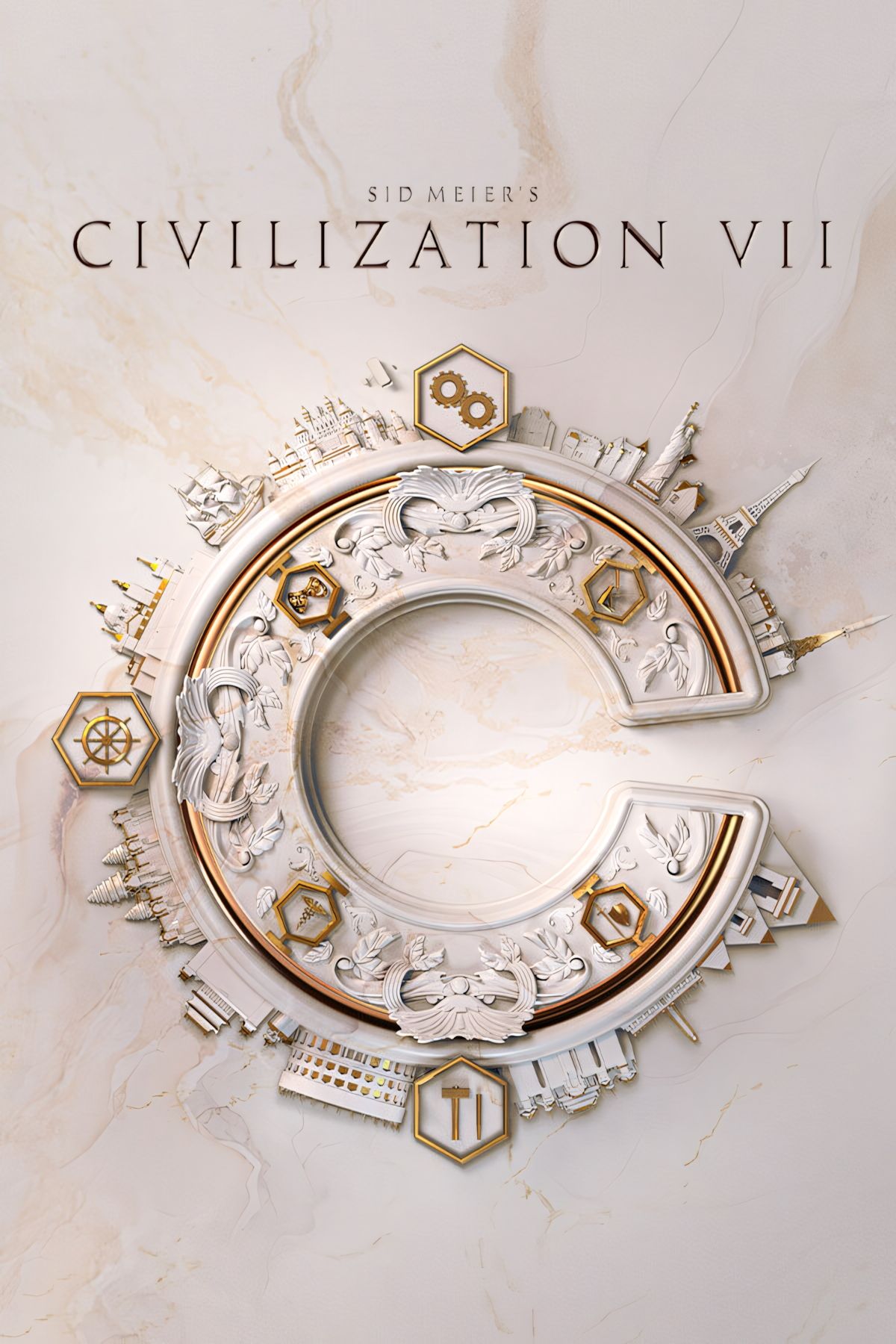
Grand Strategy
Turn-Based Strategy
4X
- Released
-
February 11, 2025
- ESRB
-
t
- Genres
-
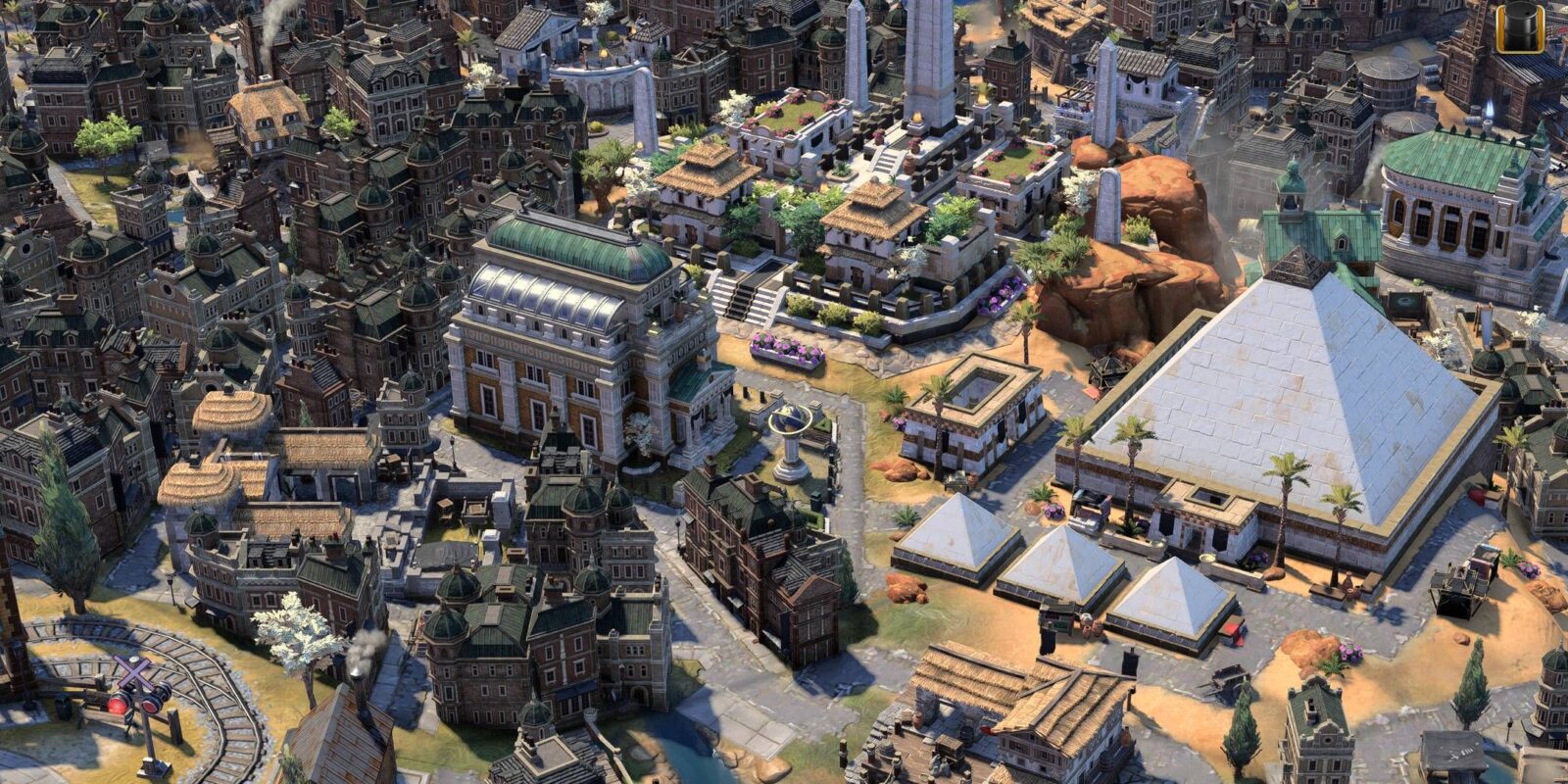


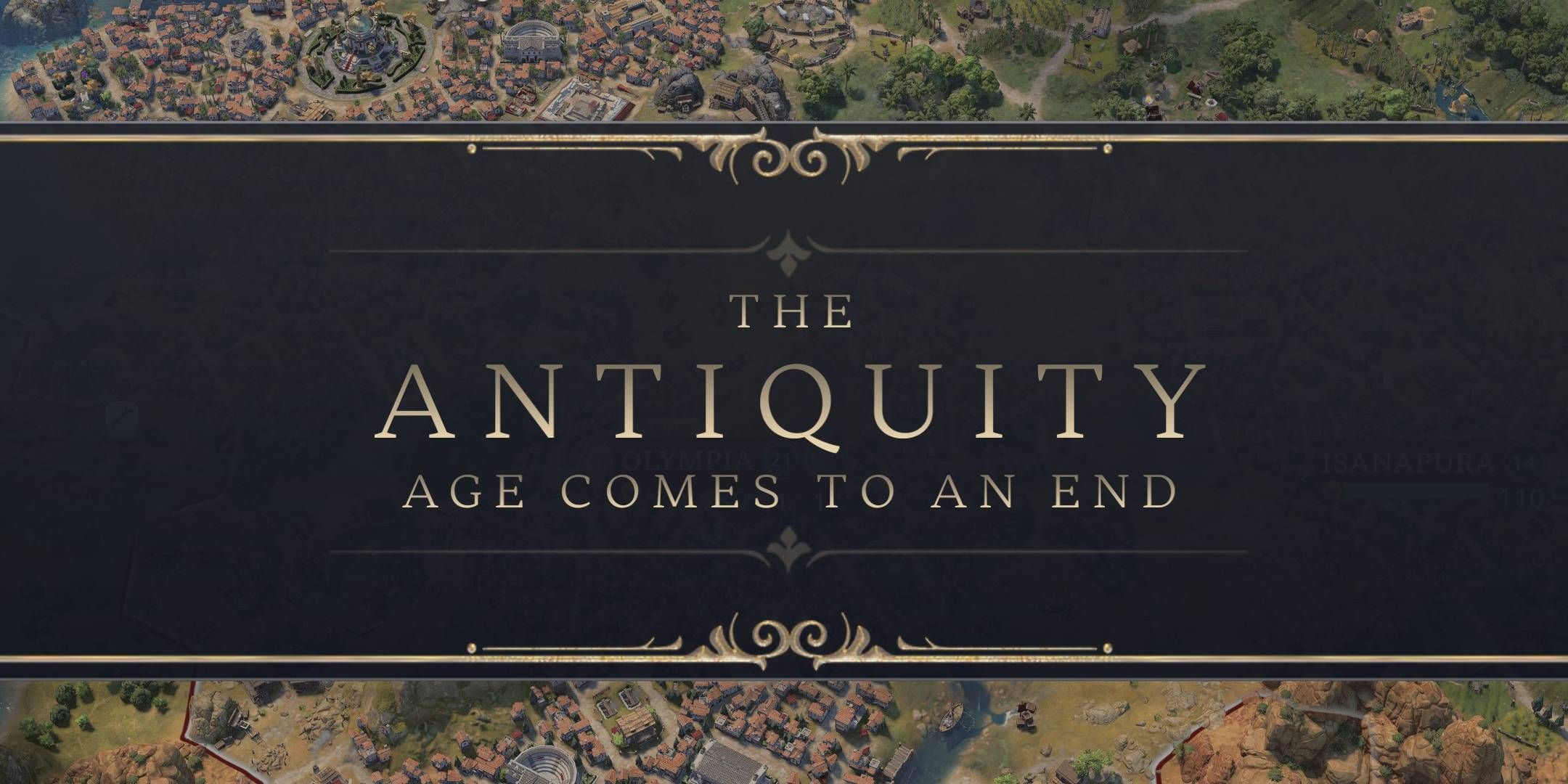
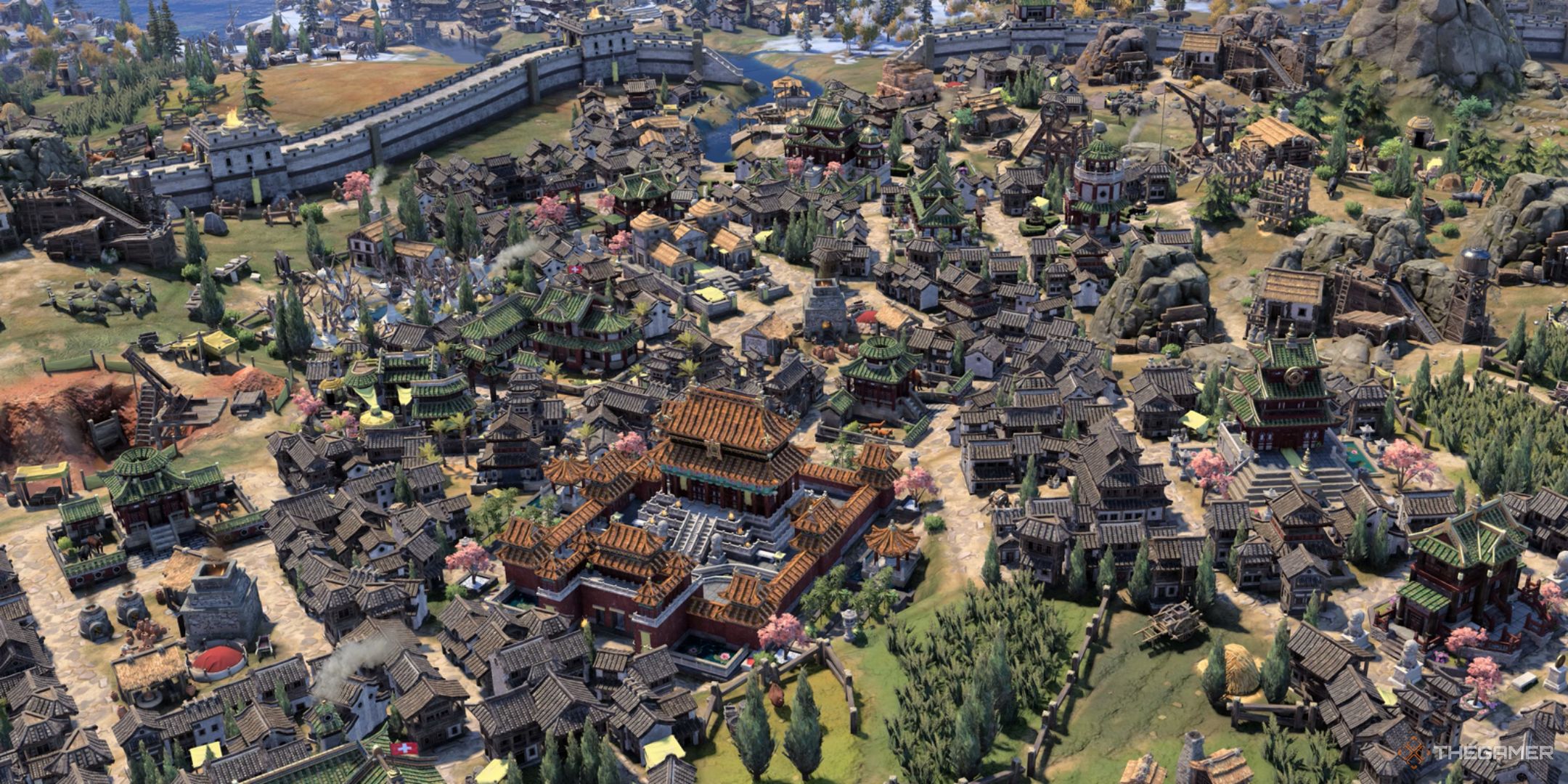









Leave a Reply